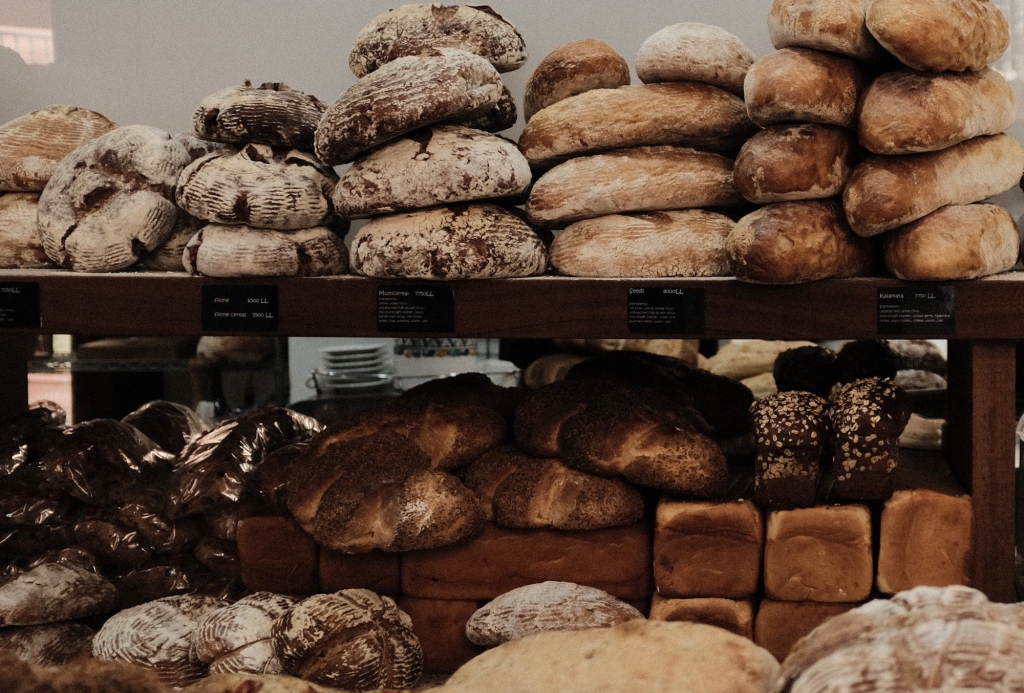
Intelligent tools give food waste the axe
S3FOOD-funded projects are helping to cut waste in the food chain – reducing the cost to people, producers and the planet
Almost a third of the world’s food production is lost or wasted. According to the World Food Programme, that’s enough to feed two billion people – more than twice the number of undernourished people around the globe[1].
Food waste contributes to higher prices along the food chain, increasing the pressure on families who are struggling to make ends meet. Today’s cost-of-living crisis has only added to the affordability challenge.
New digital tools developed through S3FOOD could provide solutions. By integrating smart sensors and data management in their production lines, food producers have an opportunity to reduce their raw material waste considerably.
“S3FOOD has funded 75 food companies and technology providers over the past three years” says S3FOOD project coordinator Veerle De Graef from Flanders’ Food. “We’ve seen some really effective solutions with smart digital technologies in many sectors, including bakeries, dairies, flour mills and the fish canning industry. Reducing food waste is good for the environment, improves the competitive ability of food products and benefits consumers in the form of reduced costs.”
Cutting down on bakery waste
The bakery sector is particularly well known for its food waste problem. One of the major problems that bakers face is how to predict consumer demand so they only produce what they can sell.
With funding from S3FOOD, Fuite Bakery in the Netherlands has developed a digital tool that links demand forecasts to production. Initial results show food waste can be reduced by a substantial 16% – thanks to a forecast accuracy of plus/minus 3%.
Fuite Bakery expects the smart bakery system will become even more important as online sales grow.
In Germany, technology startup DatenBerg has worked with Hatz Bakery to create a digital quality assurance system that can capture quality deviations at an early stage of production, eliminating sub-standard products and reducing food loss.
Another S3FOOD-funded project led by NOX STORAGE in France focuses on an earlier stage of the bakery value chain – the safe storage of flour. Using a new generation of reusable, modified atmosphere big bags, the project team has produced a multi-sensor device for real-time monitoring of the flour quality inside the bags.
Better control of yoghurt quality
In Greece, technology company IQ OF THINGS has collaborated with the dairy company MANDREKAS to address quality control issues in yoghurt production. Recognising the cost and complexity of established process control systems, their YOGUSENSE project has designed a low-cost platform for end-to-end digitalisation of the yoghurt process.
Trials show that better control over the fermentation process gives a significant reduction in waste as fewer yoghurt batches are rejected. There are significant environmental benefits, too, in the form of reduced CO2 emissions and lower consumption of energy and water.
Join the final event
A full report on all S3FOOD results will be presented at the final event on 7 September in Brussels. More information and registration here.
[1] https://www.wfp.org/stories/5-facts-about-food-waste-and-hunger
